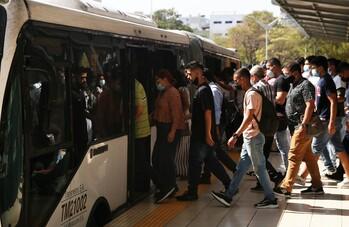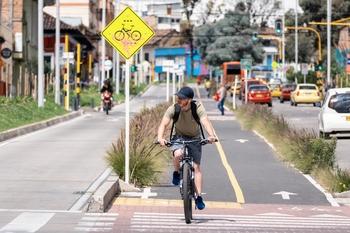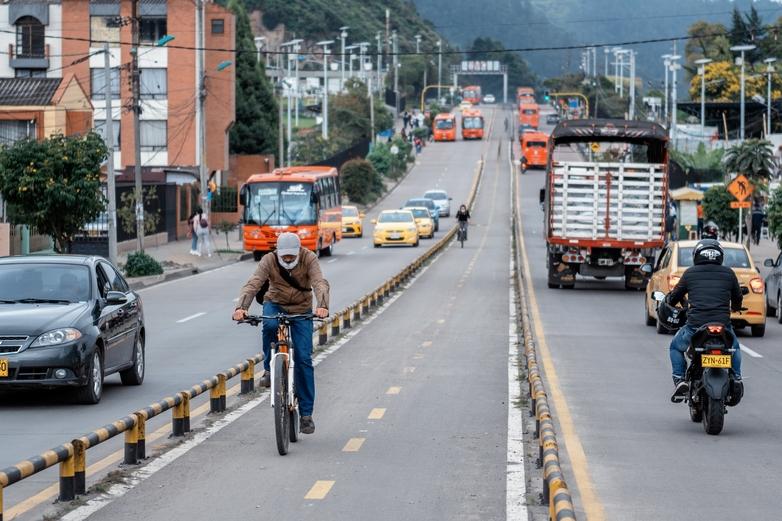Context
Colombia wants to reduce its greenhouse gas emissions by 51 per cent by 2030. The country is one of the largest emitters in Latin America. Transport accounts for 36 per cent of Colombia’s energy sector emissions. As the majority of people live in cities, this is where mobility is crucial to reduce carbon emissions, enhance the competitiveness of cities, and improve the lives of the people who live there.
In spite of modern bus rapid transit systems, in larger cities fewer passengers use public transport every year. This trend has been exacerbated as a result of the COVID-19 pandemic, when the use of public transport was limited and there was a steady increase in the number of vehicles. Even though the use of bicycles to commute has increased over recent years as a result of several national and local measures, the proportion of all trips made by bicycle is far below potential.
Objective
Colombian cities are implementing measures to reduce carbon emissions, improve the scope and quality of urban transport systems, and facilitate access to mobility services. This will make the cities more climate friendly and inclusive in the challenging context of climate change.



